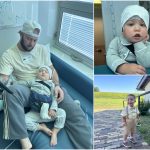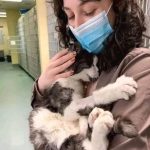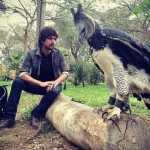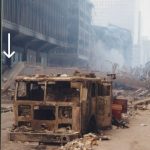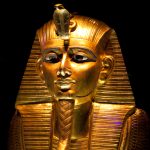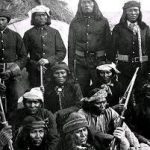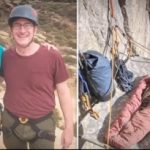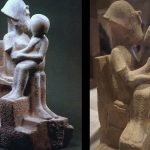Orphaned Rhino Calf Rescued After Poaching Tragedy in Hluhluwe iMfolozi Park
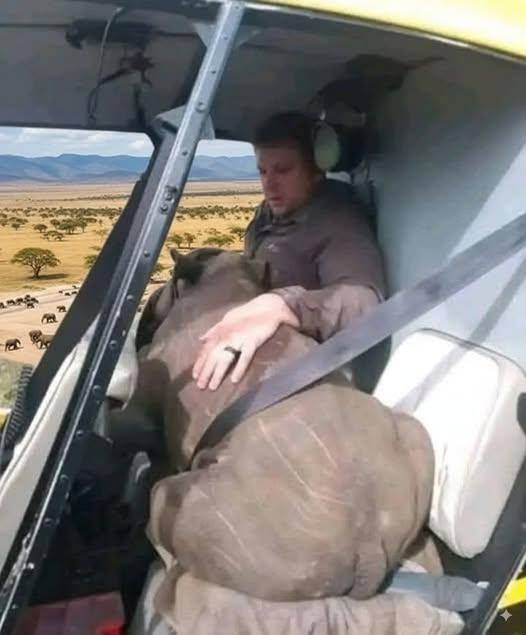
Orphaned Rhino Calf Rescued After Poaching Tragedy in Hluhluwe iMfolozi Park
What began as a routine buffalo disease monitoring flight over Hluhluwe iMfolozi Park turned into a heartbreaking encounter for a dedicated team of conservationists. From the air, a pilot, veterinarian, and section ranger spotted the remains of a freshly poached rhino — yet another victim of the ongoing poaching crisis.
Only a few hundred meters away, a small figure moved uncertainly through the bush. It was a calf, just six weeks old and weighing about 105 kilograms, suddenly motherless and alone. Vulnerable and disoriented, his survival depended entirely on swift human intervention.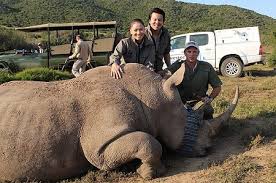
Dr. Rowan Leeming of African Wildlife Vets acted quickly, darting the young rhino with a tranquilizer to ensure his safety. Pilot Orton Bosman of Heligistix then maneuvered the helicopter into position. With extraordinary care, the team lifted the sedated calf into the back of the aircraft — a delicate rescue that highlighted both urgency and compassion.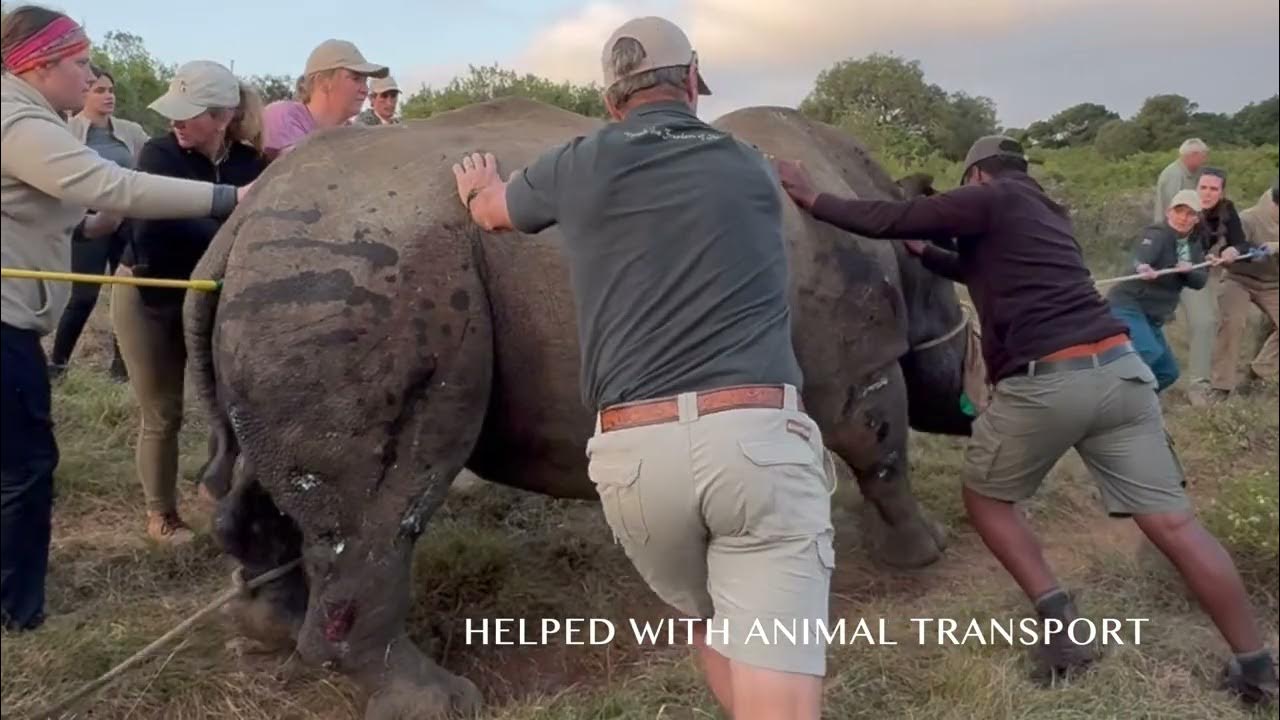
Within minutes, the little rhino was airborne, headed for a new chance at life. He was flown directly to the Zululand Rhino Orphanage, a facility dedicated to raising and rehabilitating calves left orphaned by poaching.
Upon arrival, the calf received vital fluids to combat dehydration and a transfusion of rhino plasma to strengthen his fragile immune system. These immediate treatments, supported by the combined expertise of the veterinary team, offered him stability after the trauma he had endured.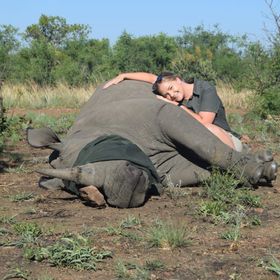
Backing this effort was the organization Blankets for Baby Rhinos, whose support ensures that orphans like this one can receive the specialized care they desperately need.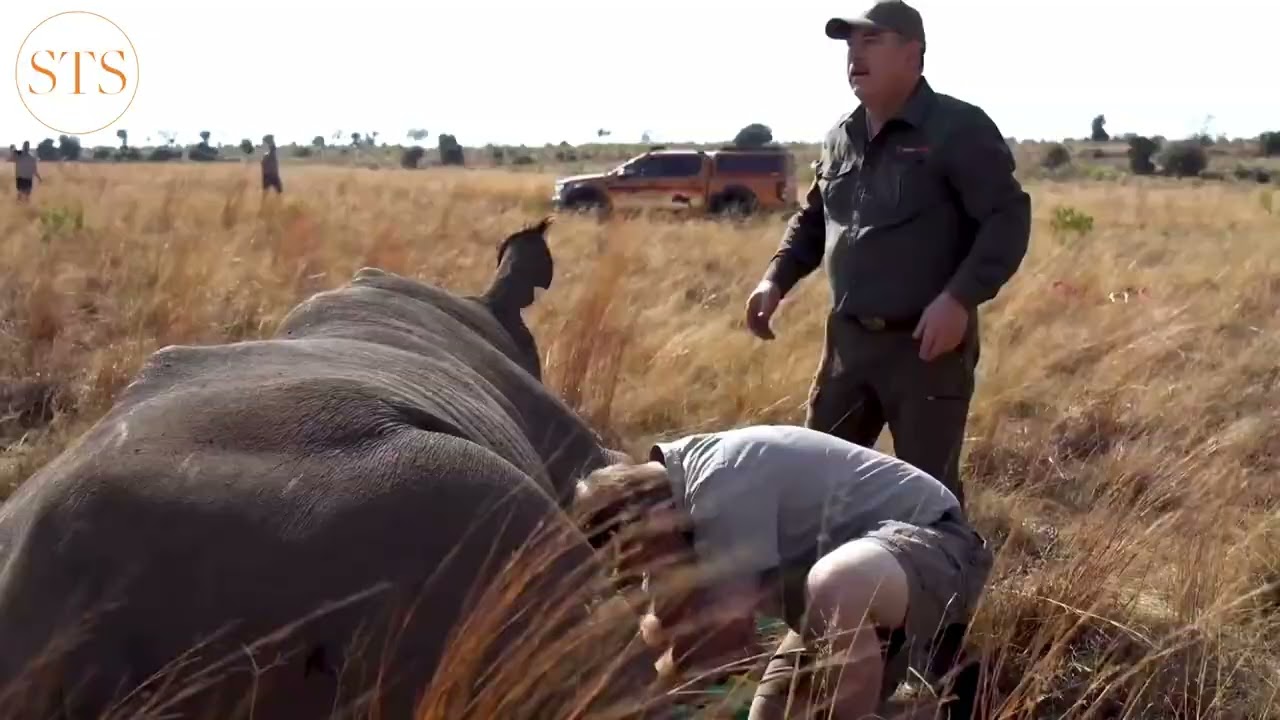
Though the tragedy of losing his mother underscores the brutal toll of poaching, this calf’s story also reflects hope. With time, proper care, and the dedication of conservationists, he may one day return to the wild where he belongs — carrying forward the fight for his species’ survival.
